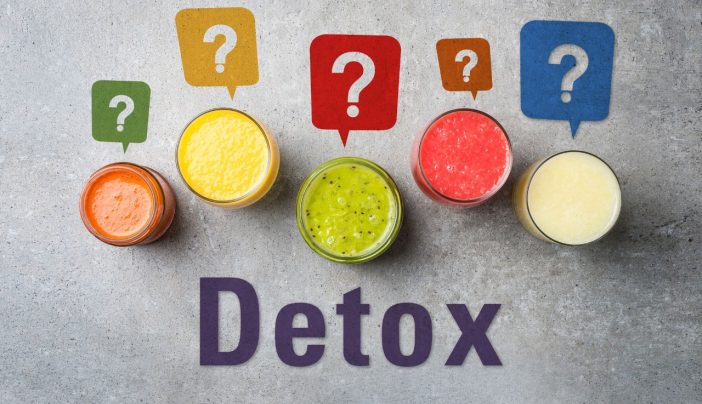Detoxification, or detox, is a critical first step in the journey towards recovery from addiction. It involves the process of allowing the body to rid itself of substances while managing the symptoms of withdrawal. Understanding the duration and process of detox is vital for those embarking on this path, their families, and health professionals. This article delves into the typical timeline of detox and factors that influence it.
Introduction to Detox
Detox marks the beginning of the path to recovery. It’s a challenging but necessary phase that paves the way for effective treatment. This phase can vary significantly in length and intensity, depending on several factors, including the type of substance used, the duration of addiction, individual health conditions, and the level of support available.
Factors Influencing Detox Duration
Type of Substance
Different substances lead to different detox experiences. For example, alcohol withdrawal can begin within hours and last several days to weeks. Opioids, on the other hand, might have a shorter but intense withdrawal period.
Duration and Severity of Addiction
Long-term use typically results in more prolonged and severe withdrawal symptoms. The body becomes more dependent on the substance over time, making the detox process more challenging.
Individual Health Conditions
Overall health and the presence of co-occurring mental health disorders can affect the length and nature of detox. A person with robust physical health may experience a shorter and less severe detox period.
Support and Environment
The presence of a supportive environment and access to medical help can significantly influence the detox process. Professional environments, like a drug & alcohol rehab, offer medical supervision which can make detox safer and more comfortable.
The Detox Timeline: What to Expect
While individual experiences vary, a general timeline can provide a broad understanding of the detox process:
Days 1-2
The first 48 hours are often the most challenging. Symptoms can include nausea, anxiety, insomnia, and in severe cases, seizures. Medical supervision is highly recommended during this phase.
Days 3-5
By this stage, physical symptoms may begin to subside. However, psychological symptoms such as anxiety or depression can persist.
Days 6 and Beyond
The acute phase of detox usually winds down, but some may experience prolonged withdrawal symptoms, known as Post-Acute Withdrawal Syndrome (PAWS). These symptoms can include mood swings, sleep disturbances, and continued cravings.
Managing Detox and Beyond
Detox is just the first step. Long-term recovery involves therapy, lifestyle changes, and often, ongoing support. Programs like cognitive-behavioral therapy, group counseling, and support groups are integral to maintaining sobriety.
For a more detailed breakdown of the detox process and what to expect, resources like American Addiction Centers offer valuable insights. These resources provide a deeper understanding of the detox timeline and the various factors that affect it.
Conclusion
Detox is a significant and challenging step towards recovery, with its duration varying based on several factors. Understanding what to expect during detox and seeking professional help, such as at a reputable drug & alcohol rehab, can make this journey safer and more manageable. Remember, detox is just the beginning. A comprehensive treatment plan is essential for long-term recovery and wellness.







![ExtraTorrents Proxy List For 2020 [100% Working Proxies To Unblock Extratorrents] ExtraTorrents Proxy List For 2020 [100% Working Proxies To Unblock Extratorrents]](https://www.troozer.com/wp-content/uploads/2020/08/extratorrent-cd-640x360-1-250x250.jpg)



